Every year I do a list of my favourite books to inspire those in need of Christmas present ideas. This year, though, nearly all the reading I’ve done has been research for my own book on the state of British politics (which is almost finished and should be out in the second half of 2024). So I decided to do a special list of my top ten books on the topic. Along the way I recommend a further 30 books or series of books that are well worth reading.
The list is entirely subjective and not bound by any particular criteria or rules, nor is it in any order. My book of the year that wasn’t about British politics is Danny Finklestein’s wonderful “Hitler, Stalin, Mum and Dad” which I reviewed for the Guardian.
Finally, a reminder that you can also buy gift subscriptions to Comment is Freed, for the politics obsessive or international relations student in your life, which allow you to schedule receipt for the day you want to give the gift and add a message.
This isn’t a list dominated by old school “great men/women” biographies. But it was these books that kindled my love of history and politics in the first place and so it would be remiss not to add in some of my favourites. In any case, as Margaret MacMillan discussed in our recent interview with her, the psychologies and backstories of those in positions of power and responsibility are an important part of the story, along with social, cultural and geographic factors.
For me the master of the genre was Roy Jenkins, as he was not only a great writer but someone who (almost) reached the top of politics and understood the pressures and frustrations. His books on Gladstone and Churchill, written later in his career, are his masterpieces, though his earlier one on Asquith is also brilliant. As he cheerfully admits they are not works of original scholarship, as he only used secondary source material, but they are balanced, comprehensive and an absolute pleasure to read.
My all-time favourite, though rather too long to recommend as a present, is the eight volume official biography of Churchill (first two volumes by his son Randolph and the remaining six – which are much better – by the late Sir Martin Gilbert). This is partly nostalgic. I first read them as a kid when I was too small to physically hold the hardbacks I got from the library and had to rest them on a piano stool. But also because Churchill was a direct participant in almost every event of major importance in British politics from 1900 to 1955 so they act as a great introduction to 20th century history.
Others favourites include: Roy Hattersley on David Lloyd-George; John Bew on Clement Attlee; D R Thorpe on Harold Macmillan; Ben Pimlott on Harold Wilson; Simon Heffer on Enoch Powell; Charles Moore and John Campbell on Margaret Thatcher.
2. The Five Giants by Nick Timmins
Most of the books on the list focus on politics rather than policy. It’s hard to write longer form about policy for a general audience without making it too technical or dull. Lists of changes to legislation and white papers rarely make for a thrilling read. But some writers are good enough to cut through the detail and help illuminate the bigger picture and none are better than Nick Timmins, who has spent his career writing about public services for the Times, Independent, and FT.
“Five Giants” is a history of the welfare state, from 1940 to 2016, that sets the Beveridge Report in its proper context before going on to explode any number of myths about the creation of the NHS, the popularity of grammar schools, the generosity of benefits, and so on. One theme is how path dependent public policy is, given the expectations that get set amongst populations. The consequences of the decisions in the 1940s to create a benefits system around minimum guarantees, and a taxpayer funded health system, are still felt today. European countries that went for earnings-related benefits and social insurance systems have taken critically different paths. Timmins is also excellent on the cyclical nature of policy – how the same debates come up over and over, and how governments, of different colours, often have three or four goes at a policy before making it work (tax credits being one example).
I’d also recommend Chris Renwick’s “Bread For All: The Origins of the Welfare State” – which gives the pre-history to Timmins’ book. And on my specialist subject of education, a book I’ve mentioned before, Peter Mandler’s “Crisis of Meritocracy” has wider lessons for policymakers: ultimately it’s voter interest that always wins out (which is why attempts to reduce the numbers going to higher education have failed, and will always fail).
3. A Different Kind of Weather by William Waldegrave
There are a lot of political memoirs. Most people who have spent a decent amount of time in cabinet end up writing about their experiences. There’s usually something interesting to be gleaned from them but they are on the whole badly written, fairly dull, and filled with self-justification and credit-taking. There are few I’d recommend to the general reader.
This is my favourite. I appreciate a book by a fairly low level cabinet minister in the Thatcher/Major era will not sound immediately appealing, especially as it has a title more suited to a gentle Radio 4 Sunday afternoon documentary, but it’s excellent. For a start it’s beautifully written, without cliché or bombast. But more importantly it’s genuine reflective. In particular Waldegrave writes about political ambition in a uniquely honest way. The section where he talks about realising he didn’t have it in him to make it to the top, despite having always dreamt of being Prime Minister, is genuinely poignant.
He was also one of the people who designed the poll tax, and his thoughts on why that went wrong are refreshingly free of attempts to salvage his reputation. It’s also funny. For instance this section from when he was working for Edward Heath:
“[Heath’s] handling of honours was admirable but suicidal. Until I became his private secretary, I had not known how brazen requests for honours could be. Backbenchers’ letters had a structure to them along the lines of: ‘I myself think the honours system outdated and absurd. However, my constituents, my family, my elderly dashshund dog are now stupefied – and taking it personally – that I have been passed over for so long.’ Heath would throw them into the waste-paper basket, and another monetarist would be born.”
He’s also an acute critic of his own party and saw which way things were heading, though the memoir was written pre-Brexit. Of the anti-EU Tory headbangers he wrote: "such people will be bereft if we ever leave that convenient recipient of blame; for them, all-powerful external enemies fill a vital psychological need.” Well quite.
4. Tales of a New Jerusalem series by David Kynaston
I’m slightly cheating here as this is five books not one, and they’re not solely, or even primarily, about politics. But if I could force all politicians to read one set of history books this would be it. The series cover 1945 to 1965 but is ultimately intended to reach 1979, which at the current pace will be another four volumes.
Kynaston’s technique is to mesh high politics with newspapers cuttings, TV listings, BBC audience research, mass observation interviews, and the diaries of normal people. Which allows him to constantly undercut the obsessions of politicians by showing how unimportant they were to most voters, and, at the same time, highlight what really did matter to people, and was being ignored in Westminster. To take one page from 1960 at random we jump from Jacqueline du Pre giving a concert, to Sylvia Plath having her appendix out, to Enoch Powell giving a speech at the National Association for Mental Health, to Don Revie’s first match in charge of Leeds Utd, to viewers opinions on Coronation Street, Kenneth Williams watching a play and a diarist winning a bet on the Grand National. Though it’s not all quite that eclectic.
The huge canvas – almost 4000 pages so far covering 20 years – allows Kynaston to cover all the main topics: the creation of the NHS, Suez, Macmillan’s attempts to get us into the EU, as well as big policy issues like housing clearances and grammar schools, but also things that get missed out elsewhere like the importance of bingo deregulation in the early 60s. He also has a knack for spotting quotes that show how familiar our complaints today are. Here’s Labour shadow minister Antony Crosland in 1962 on BBC radio:
“[Our problems] extend far outside simply the question of economic growth on which everybody concentrates. It extends to almost every aspect of the national life at the moment, and its most obvious symptom is the lack of a willingness to innovate and to get things changed and moved. There is a certain paralysis of the will, a certain refusal to grapple with problems.”
I am a big fan of these types of series. Alwyn Turner’s four books running from the 1970s to the 2000s complement Kynaston’s nicely. Peter Hennessy’s trilogy, which covers politics over the same period as Kynaston are also great.
5. Diaries 1964-1976 by Barbara Castle
Harold Wilson’s governments were the golden era for political diarists. Richard Crossman was the first to publish, but subsequently we got these from Barbara Castle, and many volumes from Tony Benn. Plus Bernard Donoughue, who was the head of Wilson’s policy unit. It’s the only government where you can piece together cabinet meetings based on the almost contemporary records of multiple people in the room. I’ve chosen Castle’s as they are shorter, and somewhat less self-regarding than Benn’s and more wide-ranging than Crossman’s, but they are all worth flicking through.
I also think Castle is a seriously underrated politician. She was only the fourth woman cabinet minister and the most senior before Thatcher became PM. She was incredibly astute about the failings of the governments of which she was a part. Had her male colleagues not sided with the unions against her when she put forward a reform package in the late 1960s the Labour party might have saved itself an awful lot of pain over the following two decades.
The most entertaining diaries, from a slightly later period, are Alan Clark’s, but he is such a shit that it’s impossible to know whether any of it is true, even the bits that make him look bad (though Dad says the two bits he appears in are accurate!) The last few decades have given us few diarists bar Alistair Campbell and Chris Mullin (both worth reading). Now we’re in the age of WhatsApp their day is probably done. Which is a shame as the covid inquiry exchanges lack the charm of Castle and Crossman’s diaries.
6. The Anatomy of Thatcherism by Shirley Robin Letwin
There are lots of good biographies of Thatcher but none that analyse her approach to politics, and her policy platform, as well as this book, which was first published in 1992. The author, who made her name as an academic philosopher, is broadly sympathetic to Thatcher (her son Oliver was in Thatcher’s policy unit and went on to be David Cameron’s policy chief), which is helpful as it allows her to understand Thatcher’s thinking in a way a strong critic never could.
Letwin’s key insight is that Thatcher saw economics as a means to promote what the author calls “vigorous virtues”. For her it was about morality. It explains how she was able to hold the line on the seemingly fundamental contradiction in modern Conservative thought between economic liberalism and social conservativism. For Thatcher the first would lead to the second by inspiring these virtues. Likewise her un-free-market-like obsession with promoting mass ownership – of both homes and shares – came from a belief that “an ‘owner’ who feels that he is ‘in charge’ and ‘secure’, is more likely to be active, to take risks, to display initiative”.
As I wrote in a post at the start of the year, the last 30 have proven Thatcher comprehensively wrong on this point, liberal economics may have benefits but promoting virtuous behaviour is not one of them. This failure is at the heart of today’s Conservatives’ philosophical confusion and key to understanding the fractures that have become increasingly apparent in the party.
The other book I’ve found most useful in understanding Thatcher is Caroline Slocock’s “People Like Us”. Slocock was one of her private secretaries at the end of her time in Downing Street and had a front seat view of her fall from power. What makes the book compelling is that Slocock’s own political views are way to the left of her former boss but they formed a close, if uneasy, bond anyway. As Thatcher breaks down trying to give her resignation speech to cabinet Slocock finds she is crying too. The sense of loyalty and family Thatcher inspired in civil servants (much more so than she did with her ministers) helps explain why she was so successful in pursuing her goals, whether you agree with them or not. This also presents a stark contrast with the more recent Tory leaders who’ve presented themselves in Thatcherian terms, without the slightest understanding of how she worked.
7. What Does Jeremy Think? by Suzanne Heywood
While almost every politician writes a memoir, senior civil servants almost never do, bound by a sense of loyalty to their former masters and a reluctance to reveal their own personal views. Which makes this book so valuable.
Jeremy Heywood was, by far, the most important official of the past thirty years, arguably the most important figure in politics full stop. He was Principal Private Secretary (PPS) to Norman Lamont on Black Wednesday, and then for Ken Clarke and Gordon Brown as the economy recovered. He was PPS to Blair from 1999-2003; and Gordon Brown from 2008-2010; Permanent Secretary in Number 10 to David Cameron and then Cabinet Secretary for him and Theresa May. Downing Street, and the senior civil service, has never recovered from his premature death in 2018. Boris Johnson would plaintively insist that someone find him “his Jeremy” as his premiership descended into chaos.
Before Heywood died he spent hours being interviewed by his wife Suzanne (who has a fascinating life story of her told in her memoir Wavewalker). Naturally the resulting book paints her recently deceased husband in a favourable light. Some would argue his undoubted ability as a fixer led him to ignore structural reforms to the civil service, and she downplays some of his more trenchant opinions of politicians. Nor is it full of gossip or big political revelations. But as a guide to how the country is now governed, and the way decisions are made, it is unsurpassed. It adds detail to almost every major event in recent British history, given that Heywood was always involved.
It’s also a very moving book because of Heywood’s battles with cancer, and his increasingly futile attempts to ignore his diminishing capacity. The final few chapters made me cry, which is a rare occurrence when it comes to politics books.
8. Power Trip by Damian McBride
Almost everyone involved in New Labour has written a book but most of them aren’t great. Blair’s memoir is too self-congratulatory; Brown’s is a slog; Mandelson’s is better but leaves a lot out. Jonathan Powell’s “The New Machiavelli” is well constructed and different enough from the standard memoir structure to be worth reading but is too concerned with fighting the Blair/Brown wars. Alistair Campbell wrote the only contemporary diaries, which are, therefore, a very valuable source of information but, inevitably, lack coherence and narrative.
Nor do we have a good history of the period yet. Perhaps it’s still too soon. The best available is still probably Andrew Rawnsley’s contemporary “Servants of the People” and “End of the Party” but they now have a lot of detail that seems extraneous, while missing the importance of some trends that would end up dominating the following decade.
So my favourite book from the era is this one by Damian McBride, Gordon Brown’s spin doctor from 2003-2008. It’s not particularly well written, nor does it have much about policy, but there is no better book on how communications came to dominate politics during those Labour years. He gives away all the tricks he used (and are still used by his Tory counterparts, albeit much less well). And is brutally honest about what being part of that world did to him, and the scandal that led to his resignation.
A small example: In 2008 he did over a junior minister who was causing problems by giving the News of the World a story that he was pestering a young female civil servant:
“I picked up a copy of the News of the World and, for the first time, looked closely at the picture they’d used of the former civil servant. She’d obviously been surprised by a snapper on her doorstop….It dawned on me that – in among all the other unconscionable elements of my behaviour that week – at no point had I stopped to think: ‘What about her?’”
No book more thoroughly exposes the ugly side of politics.
9. Yes to Europe! by Robert Saunders
Brexit was too recent for there to be any definitive books on its consequences. We have some good ones on its causes. Before it even happened, in 2014, Matt Goodwin (in his pre-populist phase when he still cared about facts) and Rob Ford wrote Revolt on the Right which identified many of the trends that led to the vote, and in 2020 Ford wrote Brexitland, with Maria Sobolewska, exploring in more detail how these shifts had played out before and after the vote.
Tim Shipman has written “All Out War” and “Fall Out” on the political machinations of the campaign, which are entertaining. Meg Russell and Lisa James have written a comprehensive account of “The Parliamentary Battle Over Brexit” which is well worth reading.
But my favourite book about Brexit is set 40 years earlier, and focuses on the referendum which confirmed our membership of the EU in the first place. By showing how politicians sold membership of the European Communities, as they were called then, largely on pragmatic grounds rather than principle, we can see how it became so unpopular so quickly and remained so until 2016. And, why, in a different context, with a very different media enviroment, those same pragmatic arguments failed. EU membership was a low salience issue, until internal Tory party politics made it the central one in British politics again, but Brits never fully bought into it.
Saunders also has an excellent eye for detail and his account of the campaign is very entertaining – I particularly enjoyed Barbara Cartland and Karl Popper ending up on the same “Writers for Europe” poster. It’s also fun, in a bleak way, to read the right-wing press making all the arguments against leaving they now associate with hand-wringing Remainers.
10. The Complete Yes Minister and Yes Prime Minister
If you’re reading this post you’ll almost certainly have watched Britain’s greatest ever sitcom which remains funny (and relevant) forty years on. I’ve been writing a bit in my book about the real life inspirations for it (Crossman’s diary was a big one) and also the way it affected the behaviours of real ministers. The story of Thatcher performing a skit with the actors, at an award show organised by Mary Whitehouse, is particularly entertaining. She insisted on rehearsing it 23 times with her civil servants and it was still diabolically bad.
Some of you might not know that the writers of the show – Anthony Jay and Jonathan Lynn – wrote two books in the style of Jim Hacker’s diaries to accompany the series. They are mostly rewritten transcripts of the episodes but contain lots of additional jokes and asides that make them worth reading even if you’ve watched multiple times. This has been a fairly heavyweight list so I thought I’d end on a perfect Christmas present for political obsessives and, leave the last word to Sir Humphrey.
Sir Humphrey: I wonder if I might crave your momentary indulgence in order to discharge a by no means disagreeable obligation which has, over the years, become more or less established practice in government service as we approach the terminal period of the year — calendar, of course, not financial — in fact, not to put too fine a point on it, Week Fifty-One — and submit to you, with all appropriate deference, for your consideration at a convenient juncture, a sincere and sanguine expectation — indeed confidence — indeed one might go so far as to say hope — that the aforementioned period may be, at the end of the day, when all relevant factors have been taken into consideration, susceptible to being deemed to be such as to merit a final verdict of having been by no means unsatisfactory in its overall outcome and, in the final analysis, to give grounds for being judged, on mature reflection, to have been conducive to generating a degree of gratification which will be seen in retrospect to have been significantly higher than the general average.
Jim Hacker: Are you trying to say "Happy Christmas," Humphrey?
Sir Humphrey: Yes, Minister.
Anyway let me know you favourite books on British politics in the comments below. What have I missed? What should I be reading over Christmas?




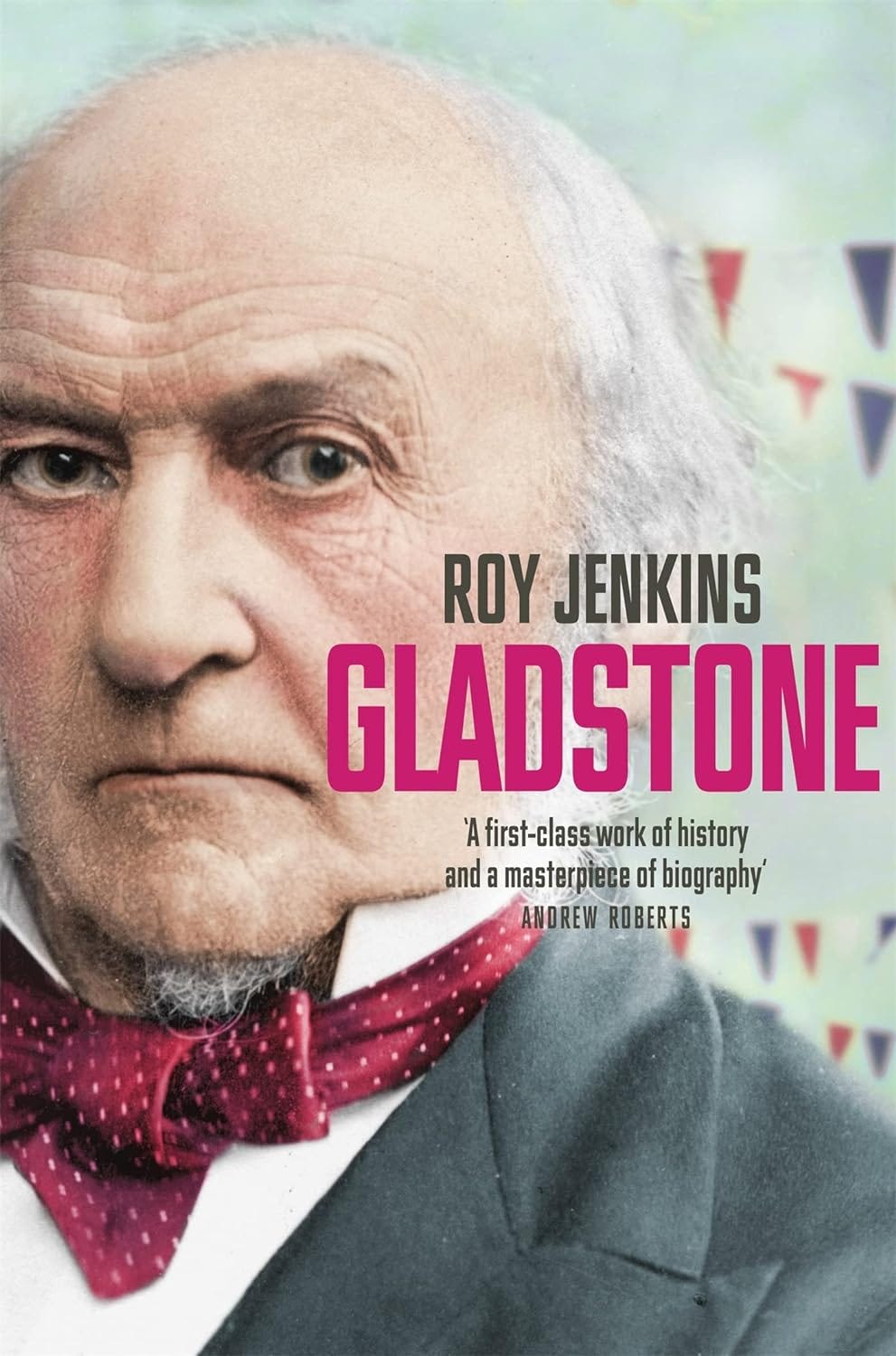
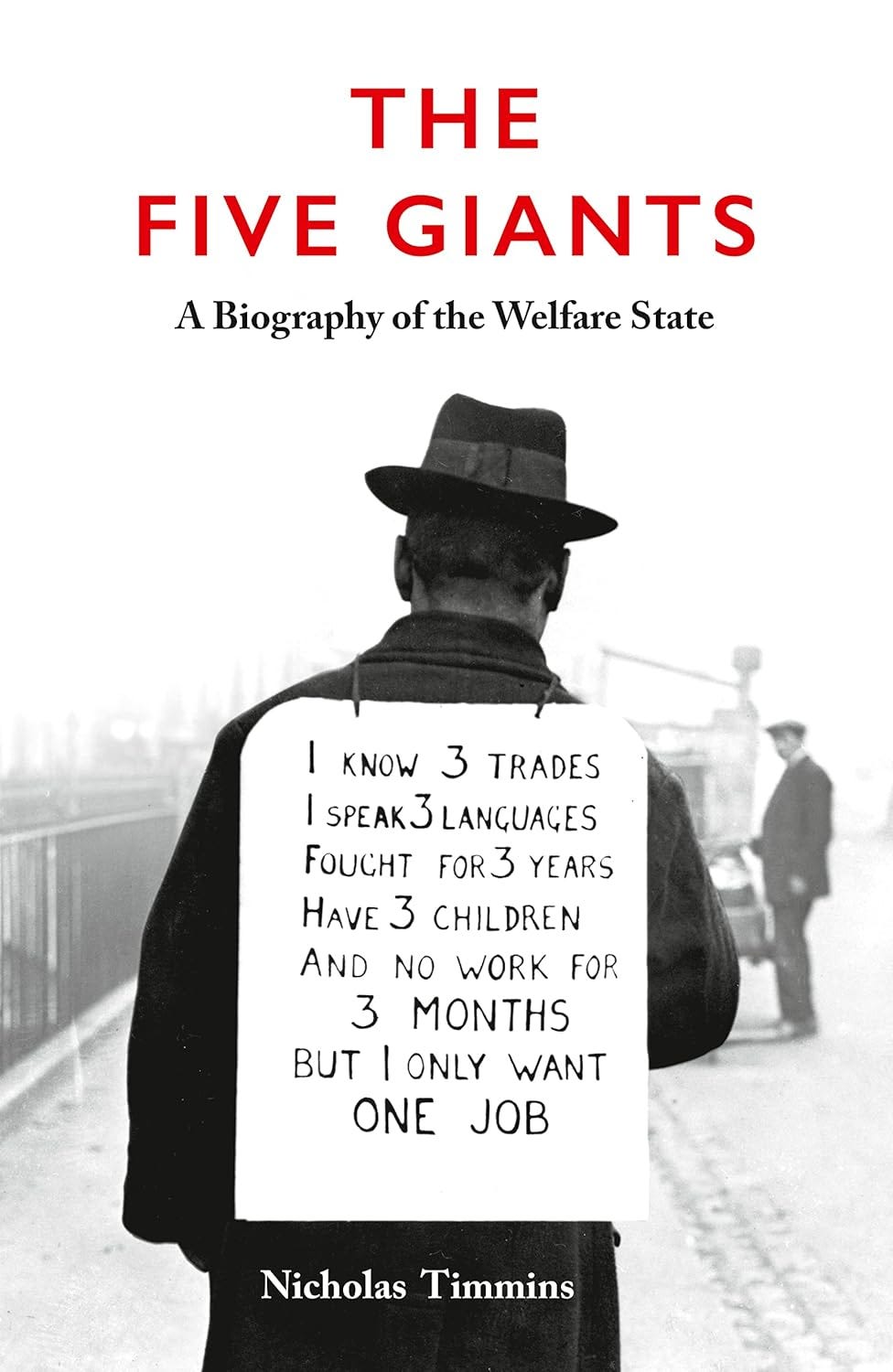
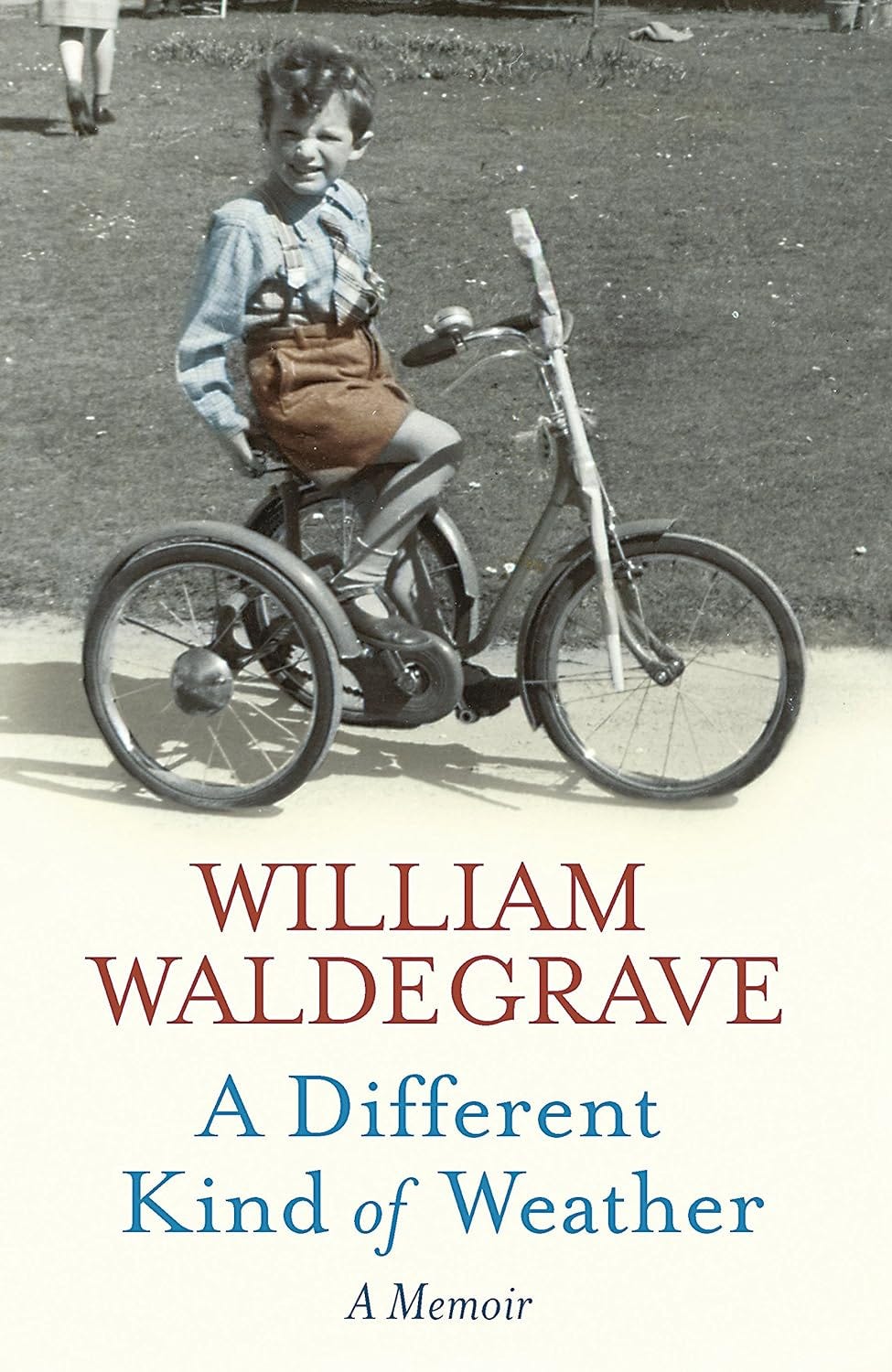
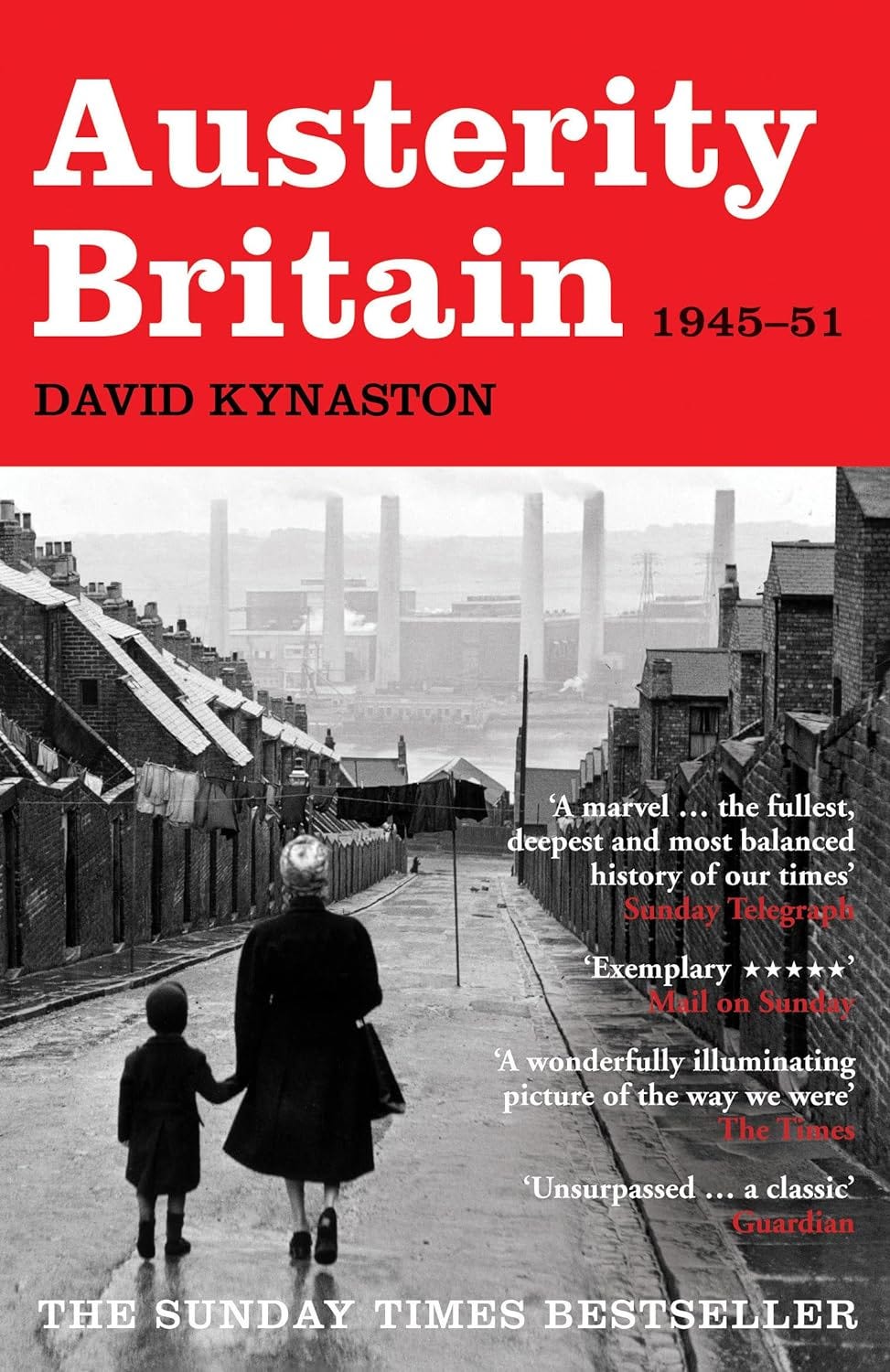
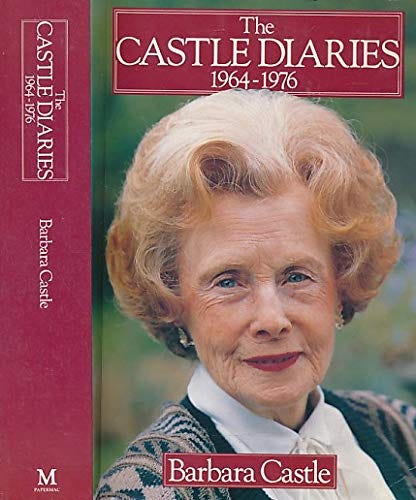
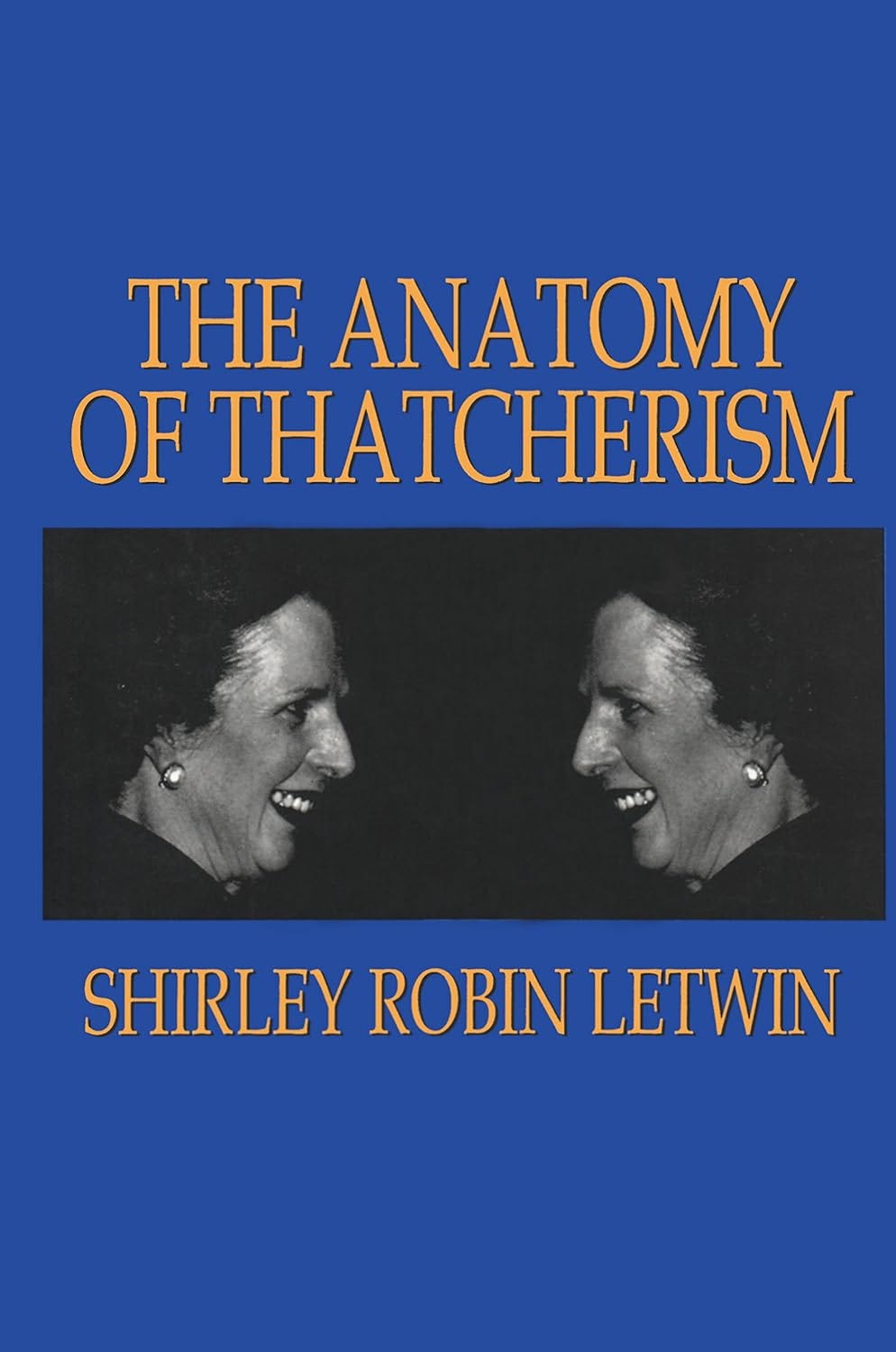
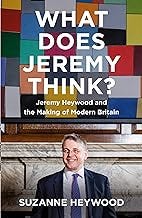
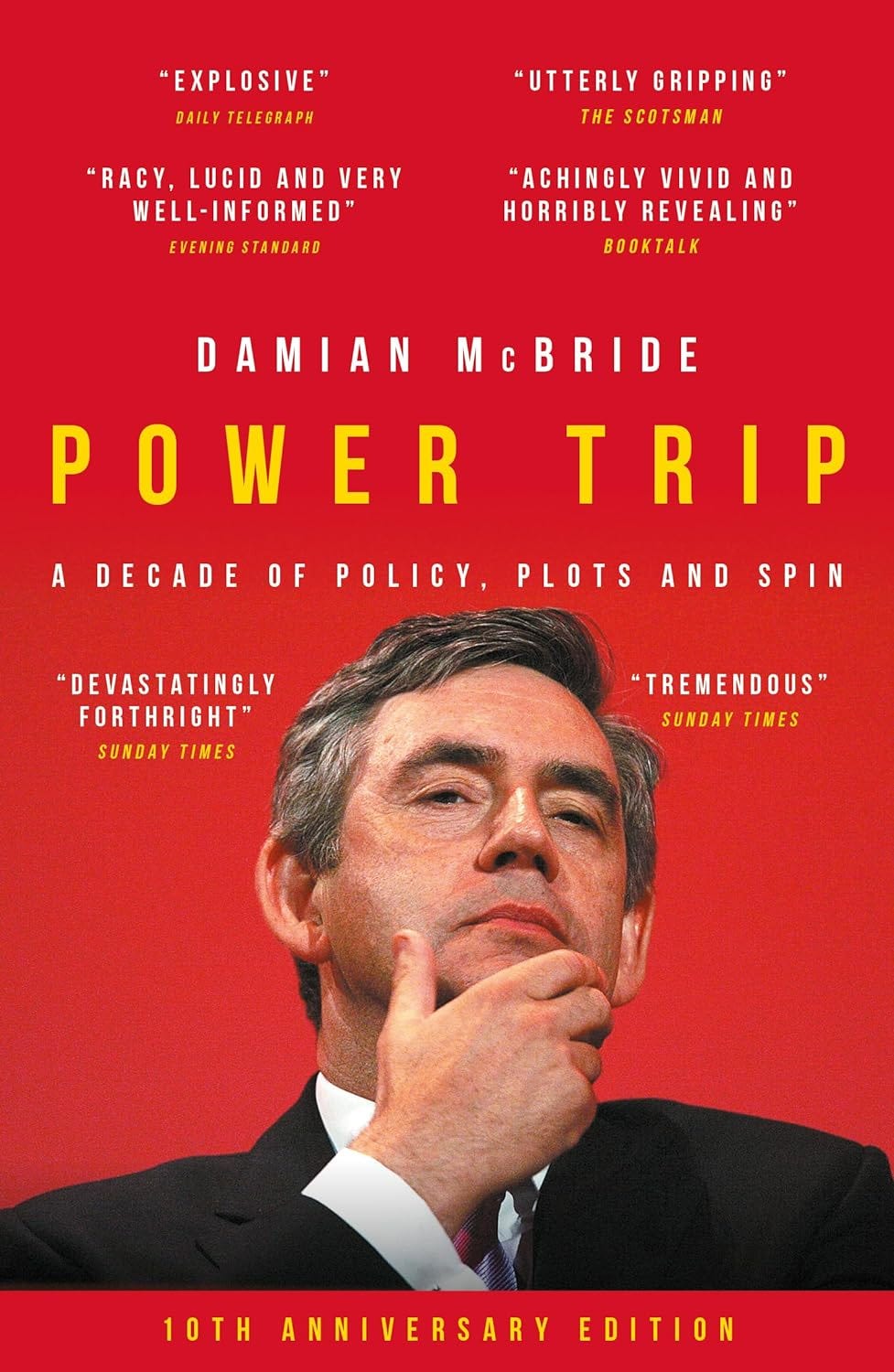
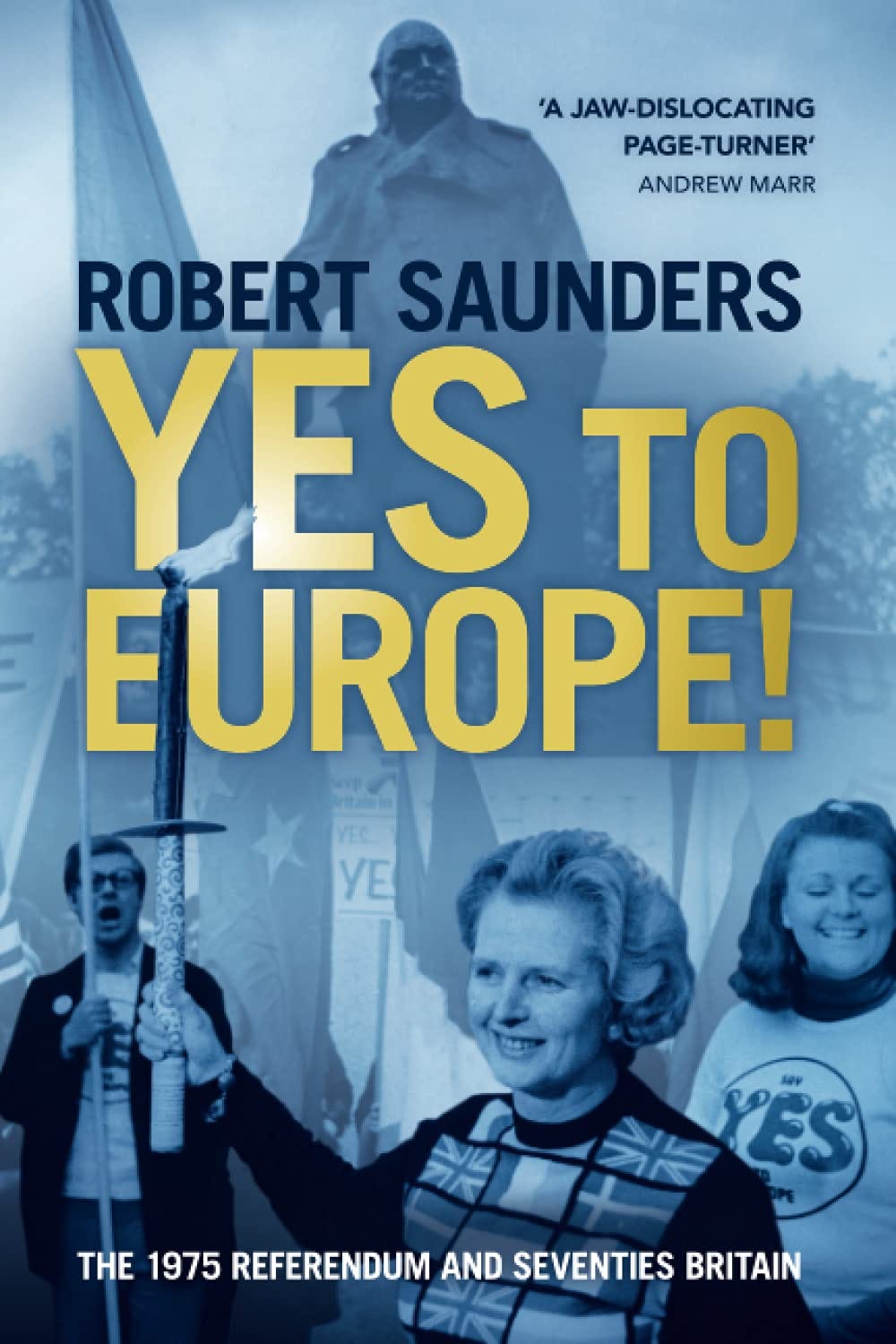

An interesting list. So many books, so little time. A personal favourite, and one which influenced my thinking, was Larry Siedentop's Democracy in Europe. Praised by commentators ranging from Dennis Macshane and Andrew Marr to Jeremy Paxman and Nigel Lawson, it was published in 2000. Written by an American-born (but British knighted) Oxford professor of intellectual history, specialising in France, it put forward the case for a reformed federal Europe. But it covers so much more, including the roots of liberal democratic thought, the dilemmas faced by the European Union, and a host of potential threats including the risk of over-rapid integration versus democratic sentiments, the unstable relationship between states / supranational government and free markets, and a host of external threats. Alas. Siedentop's Inventing the Individual still glares at me balefully and unread from my bookshelves. But I have time - hopefully.
A most enjoyable and informative list - I've just purchased most of those I didn't already have (they're available pretty cheaply on ebay second-hand). The commentary around the various book recommendations was most interesting, with its informative comments on key moments/periods in British politics.
I do agree about the Yes Minister/Yes Prime Minister books - I think they are even better than the TV series (which is saying something). As Sam rightly says, they contain a lot of extra asides, information, and jokes beyond what was in the TV episodes. As well as being vastly entertaining and wonderfully written, they also contain many real-life case studies of British politics, often only thinly disguised. E.g. one story relates to an efficiency expert brought in by Downing Street called 'Sir Mark Spencer' - not difficult to decode this one, if you know that the real life efficiency expert the story was based upon was Sir Derek Rayner, who was Chief Executive of Marks and Spencer...
I'm looking forward to reading Sam's contribution to the genre with his upcoming book.